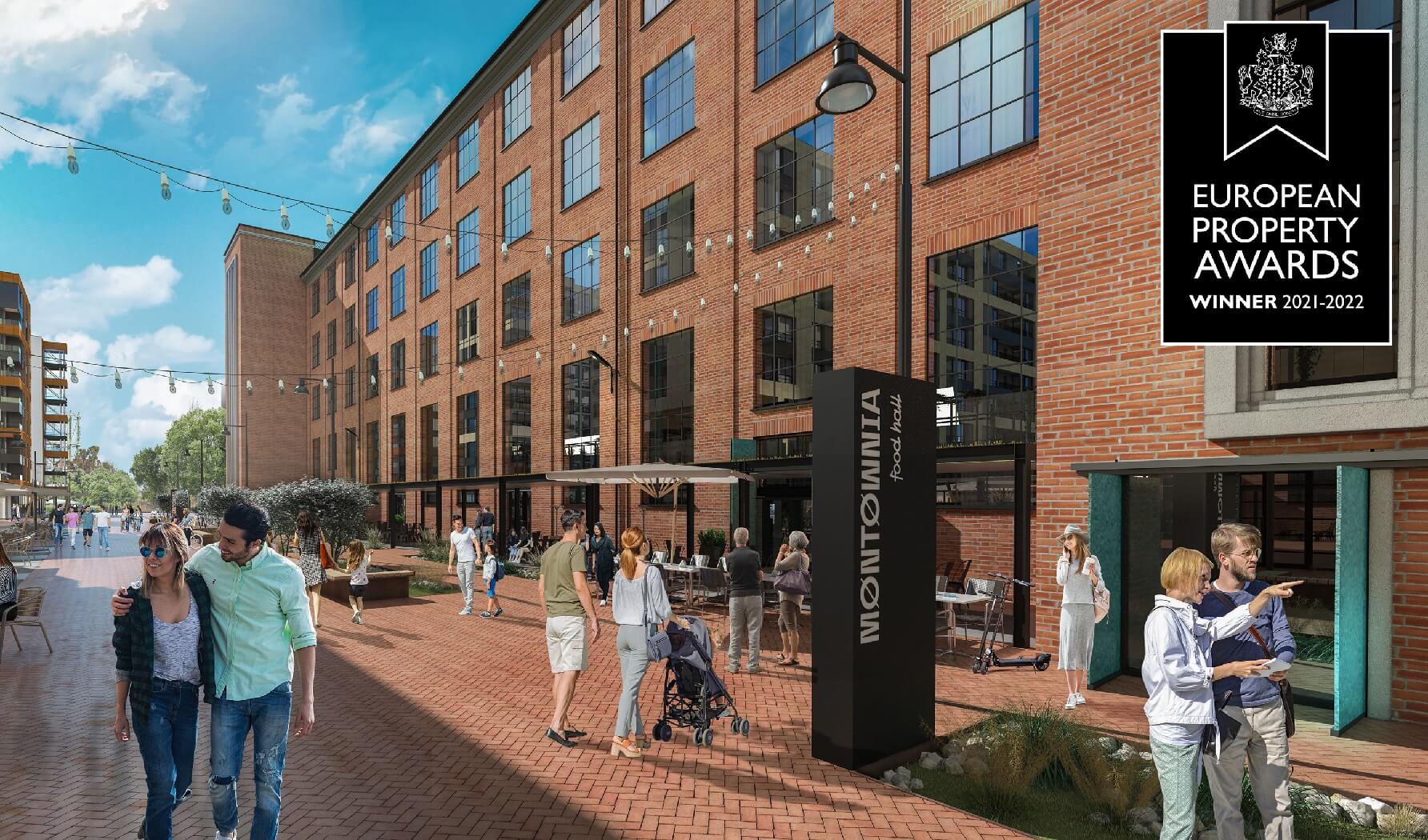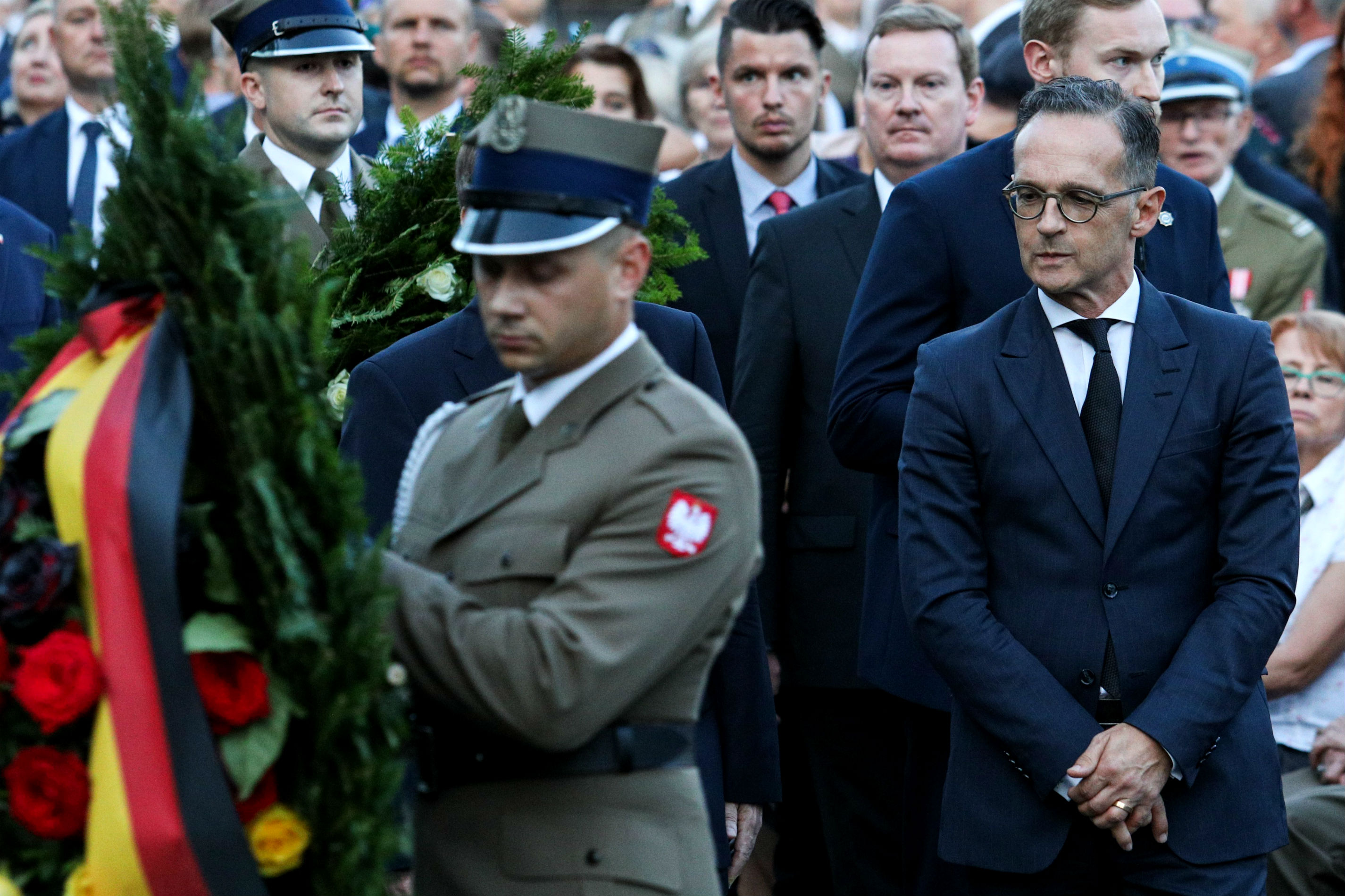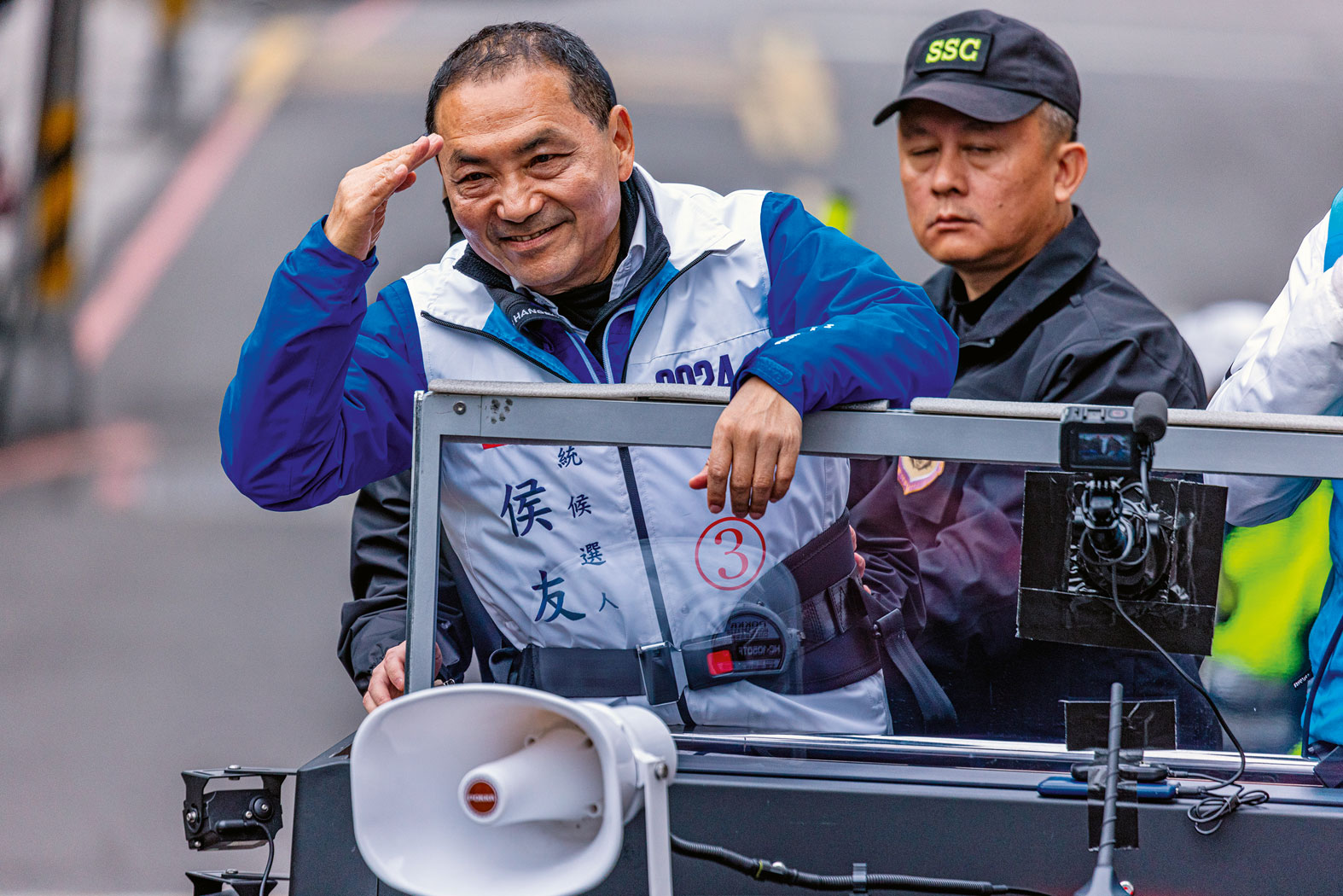Is the passage of Marshal Jakub Chełstowski and his people on the side of the opposition the beginning or the end of a political earthquake?
“Four years ago, a shameful event happened. Councilor Wojciech Kałuża, who won the votes of the voters, representing the colors of Nowoczesna, turned around and swung to the side of Law and Justice, giving this group power in the region. However, for several weeks, information has been circulating on the sidelines of the Silesian Regional Assembly that a similar situation could occur, but in the other direction. And indeed: on a symbolic day – four years after Wojciech Kałuża’s decision – there was another change of power. We know from ABC reports that over the years there have been many financial abuses with the Upper Silesian Fund in the lead role, so I suspect this is just the beginning of this political telenovela.
Is it important for national politics?
– Please look at the intersection of which streets in Warsaw the Sejm building is located. This is Wiejska and Górnośląska. It is said that in order to enter it with a solid representation, one must win in Upper Silesia and in the rural areas. There is a lot of truth in this belief. The second thing. Recall Jarosław Kaczyński’s recent visit to the Amok cinema in Gliwice, where he said whoever wins in Silesia wins in Poland. I think the president is absolutely aware that this is true.
So the PiS is on the right path to defeat in Poland, having lost a serious battle in Silesia?
– If the first bricks have fallen from the wall in Silesia, this is certainly a huge warning for the united right bloc. The situation in the sejmik is significant here, but I would also like to remind you of another event in September of this year, which had little impact, and which is also symptomatic. It’s the presidential election in Ruda Śląska. They attract less attention than those of Rzeszów, because they do not relate to the capital of the region. At Kaczyński’s famous press conference, when everyone was expecting a statement about the poisoning of the Oder, they heard a 76-second statement of support from the president for Marek Wesoły’s candidacy for the presidency of Ruda Śląska. By the way, this candidate in 2018 lost the elections in the second round to the independent Grażyna Dziedzic. Now PiS is out after the first round. Although it was not a spectacular defeat, as there was a difference of 141 votes between Wesoły and Krzysztof Mejer, who was second in the first round, the ruling party was beaten in the stronghold city. After all, Senator Tobiszowska is from here, the ex-wife of MEP Tobiszowski, by the way, the hero of recent media reports regarding doubts about election campaign finance.
What is the result of the revolution of Marshal Chełstowski and his entourage? By wanting to stay in politics with the conviction that the PiS will surely lose power?
– This is the first hypothesis, very likely. Jakub Chełstowski is a local politician. When he took office as marshal of the PiS, it was a surprise for everyone. Previously, he was a local activist in Tychy, therefore an unimportant figure in local politics. However, it can be said that he quickly took office and perhaps came to the conclusion that the upcoming elections in Silesia will not be favorable to the PiS. After all, those of 2018 weren’t there either, and without Marshal Kałuża’s volte-face, the PiS probably wouldn’t have taken power.
There is another option, the most interesting for me. Until now, if one spoke of regionalism, Silesia was associated with Jerzy Gorzelik, the Movement for the Autonomy of Silesia, or the Union of Upper Silesia, which in the 1990s played a superior role in regional policy. Now, nationally, we are dealing with the weakness of the opposition, because the scale of the problems of the PiS is enormous, and the polls always give him the lead. Perhaps here in Silesia – in a region with a tradition of autonomy, running its own affairs, having its own political movements – a new level of regional politics is being born at the moment.
Based on “Yes! For Poland”, which Chełstowski became involved with?
– Yes. Note that in this group of local elected officials, the very capricious mayor of Sosnowiec, Arkadiusz Chęciński of the Civic Platform, plays a superior role. We have an equally ambitious and experienced Mayor of Tychy, Andrzej Dziuba. Perhaps a great political force is building before our eyes, which will play a major role at the regional level in the next local elections.
Śląskie or regionally across the country? “Yes! For Poland” are names much better known in the country than the presidents of Silesian cities. They are Aleksandra Dulkiewicz, Jacek Sutryk, Jacek Karnowski, Jacek Jaśkowiak.
– I am convinced that these names will play a special role in the upcoming local elections, because you have mentioned the names of the presidents of the biggest Polish cities. On the other hand, Śląsk operates under the conditions of the Upper Silesian-Zagłębie Metropolis. The personalities of the presidents play a significant role here and are of fundamental importance for the life of the inhabitants. They are very recognizable people with a high political position. You are right that this movement will play a role across Poland, being very visible locally. But it seems to me that as far as Silesia is concerned, the role of this movement will be special.
Let us return to the role of Silesia for national politics. You have this important street leading to the Sejm. Why isn’t it Wielkopolska or Lubelska?
“Actually, that’s something the average observer from outside Silesia might not know. First of all, it should be pointed out that we say “Silesia”, but we mean the Silesian Voivodeship. It is the only province in Poland made up of the lands of three former partitions and the Silesian lands which have not belonged to Poland since the 14th century. Some of them joined Poland in the interwar period, others only after 1945. Already for historical reasons, it is a region that brings together the reality of completely different political traditions.
Secondly, we are dealing here with a very high concentration of population, so there are simply a lot of voters here and, contrary to popular belief, it is not a completely industrialized region, because there are agricultural areas around the agglomeration.
Third, it’s a region where people from different regions came after World War II, so it reflects Poland in a nutshell. It is therefore not surprising that Prime Minister Mateusz Morawiecki ran for the Sejm as a member of Katowice and was successful. Unfortunately, this does not translate into contact with constituents and a tour of the area. Let me recall here a recent event, when miners-trade unionists symbolically walled off the entrance to the office of MP Mateusz Morawiecki in Katowice, considering that since he does not appear here at all, the office is not necessary for him .
What do you need to do to win the Sejm elections in the Silesian Voivodeship?
– The presidential election in Ruda Śląska showed that exactly. After the death of Mayor Grażyna Dziedzic in June, the election campaign took place under difficult holiday conditions. Initially, everyone assumed that two candidates had a chance. The first was Krzysztof Mejer, the mayor’s right-hand man, a recognizable local official, a man of journalism and public relations, so familiar with the media. The second is Marek Wesoły, a law and justice politician appointed by President Kaczyński. Suddenly it turned out that the first round was won by Michał Pierończyk – a rather introverted, but well-educated, very hardworking politician, leading a very consistent election campaign based only on local associations and not seeking the support of politicians of Warsaw, but the local structures of all political parties except the PiS. This is the key to victory in Silesia. In addition, credibility, attachment to European values. Please note that leaving the PiS, Jakub Chełstowski said he could not accept the anti-EU policy, cutting Poland off from the west and from the funds offered by the European Union. This shows what categories the Upper Silesians think about and what values they profess: attachment to the rule of law, belonging to the world of Western Europe and honesty in private life. Everything was shown by Michał Pierończyk, who won the elections in Ruda Śląska spectacularly.






